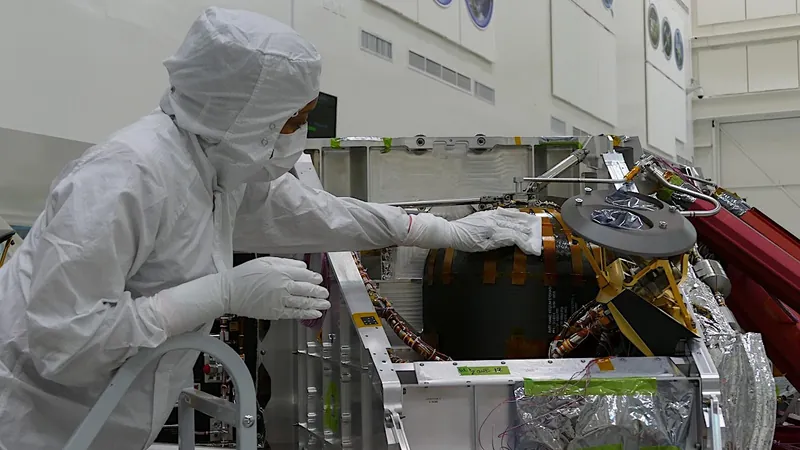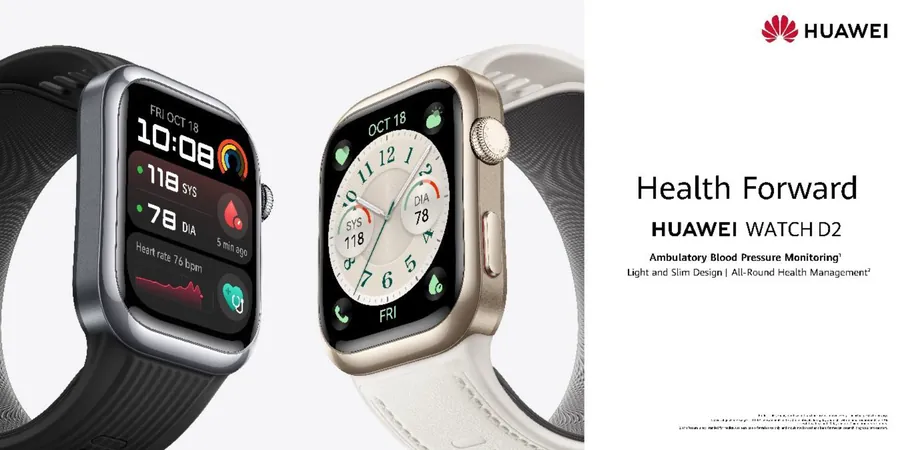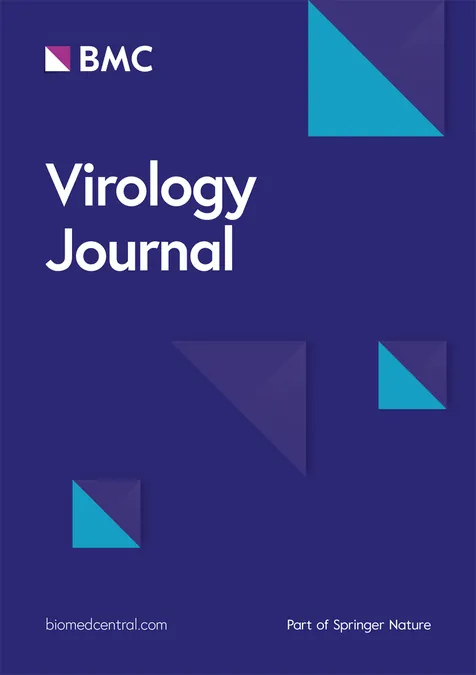
Groundbreaking Discovery: New Mars Microbe Could Revolutionize Biotechnology!
2025-01-02
Author: Yu
Groundbreaking Discovery: New Mars Microbe Could Revolutionize Biotechnology!
In an exciting development for both astrobiology and biotechnology, researchers have identified two novel bacterial strains from the cleanroom used to assemble the Mars 2020 spacecraft. These strains, classified as Neobacillus driksii, may hold promising applications in various commercial sectors, including healthcare, pharmaceuticals, and environmental bioremediation.
During routine microbial surveillance of the spacecraft assembly facility, scientists utilized advanced polyphasic taxonomic approaches and whole-genome sequencing to establish a close genetic connection among two strains from the cleanroom floor and others sourced from the Agave plant and wheat-associated soil. Remarkably, these strains exhibited over 99.2% sequence similarity in their 16S rRNA genes, setting them apart from the previously recognized Neobacillus niacini species.
Further analysis indicated that N. driksii showcases unique metabolic features, including the ability to thrive in a wide temperature range (from 4°C to 45°C) and under varying pH and salinity conditions. This resilience hints at its potential for applications in extreme environments, much like those found in space missions.
What truly sets N. driksii apart is its genetic content, as it possesses genes dedicated to the production of lasso peptides. These peptides have gained attention for their antimicrobial, antiviral, and enzyme-inhibiting capabilities. With the capacity to produce these bioactive compounds, N. driksii could herald a new era of antimicrobial agents that combat resistant bacteria, making it highly valuable in the medical field and beyond.
Moreover, the genomic sequences of N. driksii also include bioactive gene clusters that may produce nicotianamine-like siderophores, essential for facilitating iron uptake in plants and potentially playing a role in bioremediation by removing heavy metals from contaminated areas. This versatility makes N. driksii a frontrunner not only in microbial research but also in sustainable agricultural practices.
As researchers continue to explore the genetic and functional secrets of Neobacillus driksii, the implications of this discovery are vast. The potential commercialization of products derived from this microbe could lead to breakthroughs in biotechnology, including new treatments in medicine, innovative solutions in agriculture, and enhanced sanitation methods in various industries.
Stay tuned as we uncover more about how this extraordinary Martian microbe could change the face of science and industry forever!




 Brasil (PT)
Brasil (PT)
 Canada (EN)
Canada (EN)
 Chile (ES)
Chile (ES)
 Česko (CS)
Česko (CS)
 대한민국 (KO)
대한민국 (KO)
 España (ES)
España (ES)
 France (FR)
France (FR)
 Hong Kong (EN)
Hong Kong (EN)
 Italia (IT)
Italia (IT)
 日本 (JA)
日本 (JA)
 Magyarország (HU)
Magyarország (HU)
 Norge (NO)
Norge (NO)
 Polska (PL)
Polska (PL)
 Schweiz (DE)
Schweiz (DE)
 Singapore (EN)
Singapore (EN)
 Sverige (SV)
Sverige (SV)
 Suomi (FI)
Suomi (FI)
 Türkiye (TR)
Türkiye (TR)
 الإمارات العربية المتحدة (AR)
الإمارات العربية المتحدة (AR)